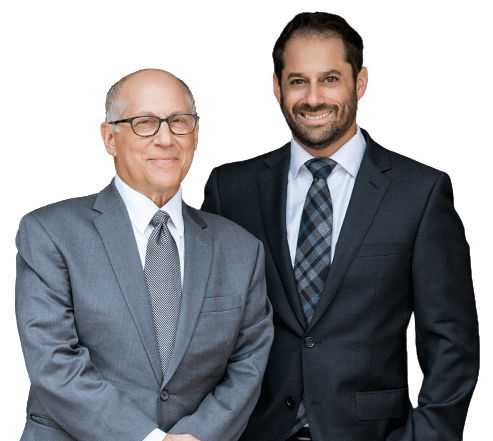
When the police allege that a crime has been committed and an arrest has been made, there is a specific process that needs to be followed in the State of Ohio. After an arrest, a plea will need to be entered by the accused party in court regarding the crime in question. This court hearing where the accused party is read the charges against him/her and enters an initial plea is called an arraignment. In Ohio, an arraignment should happen roughly 72 hours from the time of arrest.
At an arraignment, the accused can enter one of the following pleas in the State of Ohio:
- Guilty – admission that the accused party has committed the crime.
- Not guilty – the accused party did not commit the crime.
- No contest – no admission of guilt, but the accused party is not disputing the charges.
Once the defendant’s initial plea has been entered, the court will set a bond, the amount of money he or she must pay in order to be released from jail while the case is pending. In Ohio, bail can typically be paid in cash, by bond, or by pledging property.
After the above steps, the arraigning judge will assign, at random, a judge in which the case will be pending before, as well as set a date for the first pretrial. In certain cases, they should then set a schedule for how the trial will proceed after arraignment.
Also, typically in misdemeanors, defendants do have the option to waive the arraignment, when represented by an attorney. If you would like an attorney present with you at arraignment, or to discuss the arraignment process, request a free consultation from the experienced attorneys at Bentoff and Duber. We can help you understand the charges being brought against you in court and the proper actions to take regarding those charges.
About the author: Brandon Duber, a Partner with Bentoff & Duber Co., LPA, is a lawyer with proven experience in the courtroom and expertise in the areas of workers’ compensation, criminal defense, personal injury and medical malpractice law. He received his B.A. from Skidmore College in Saratoga Springs, NY and his J.D. from The Case Western Reserve University School of Law in Cleveland, OH.

